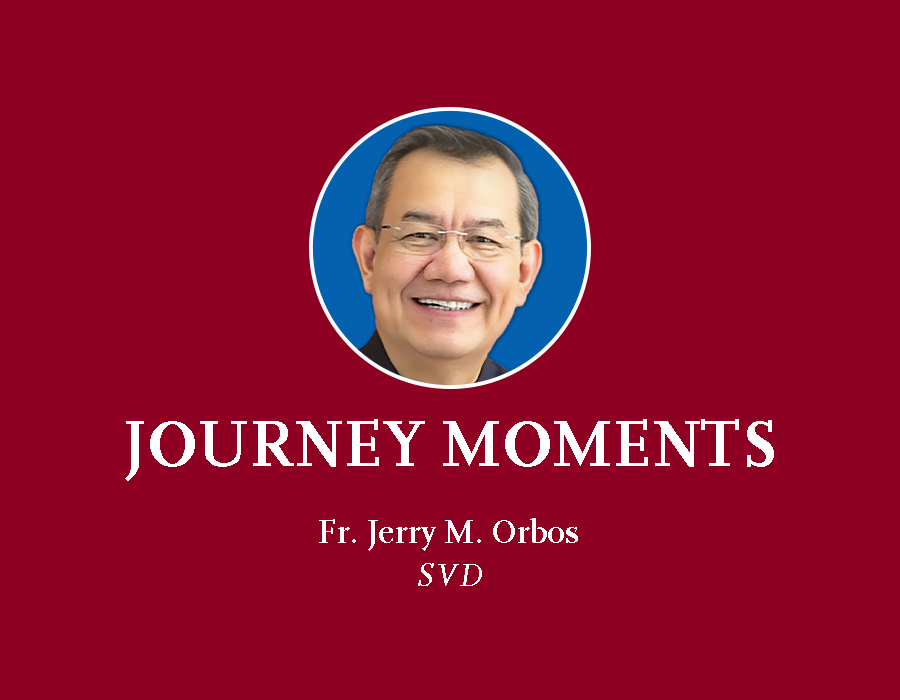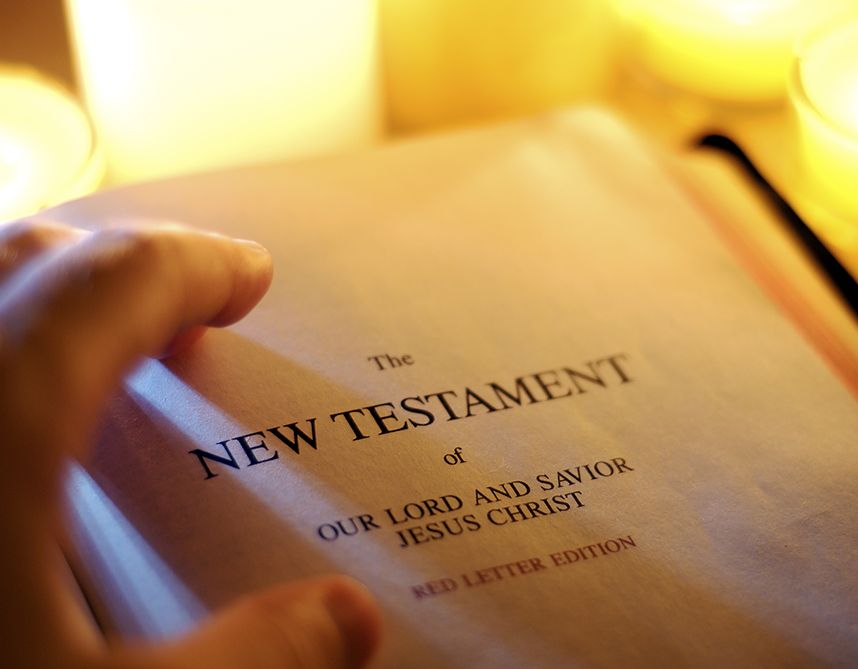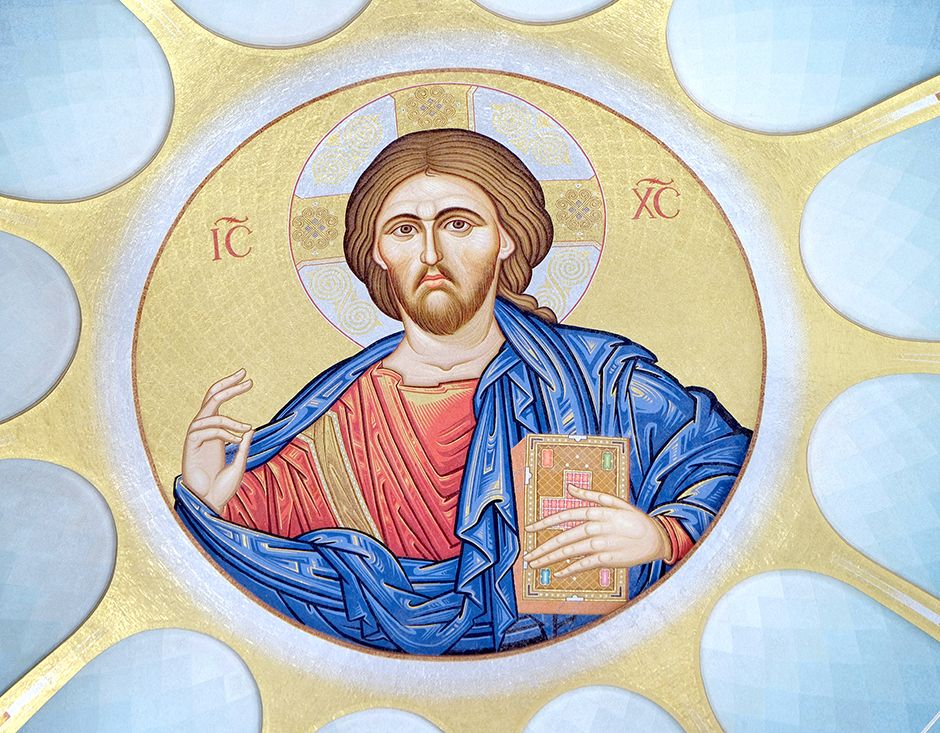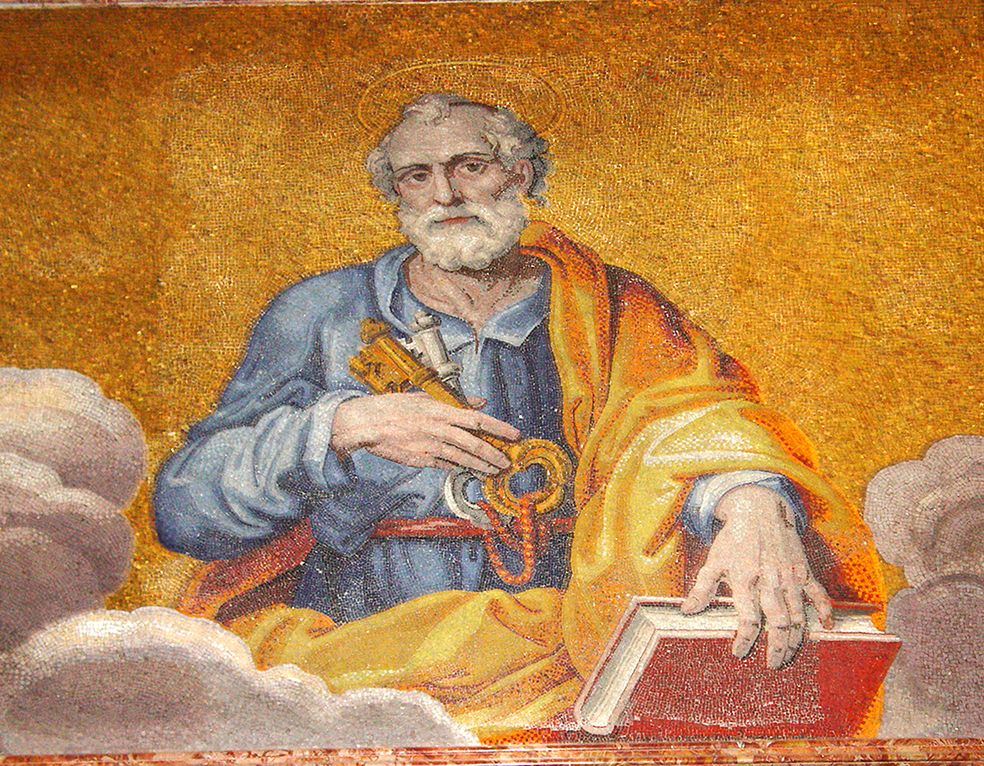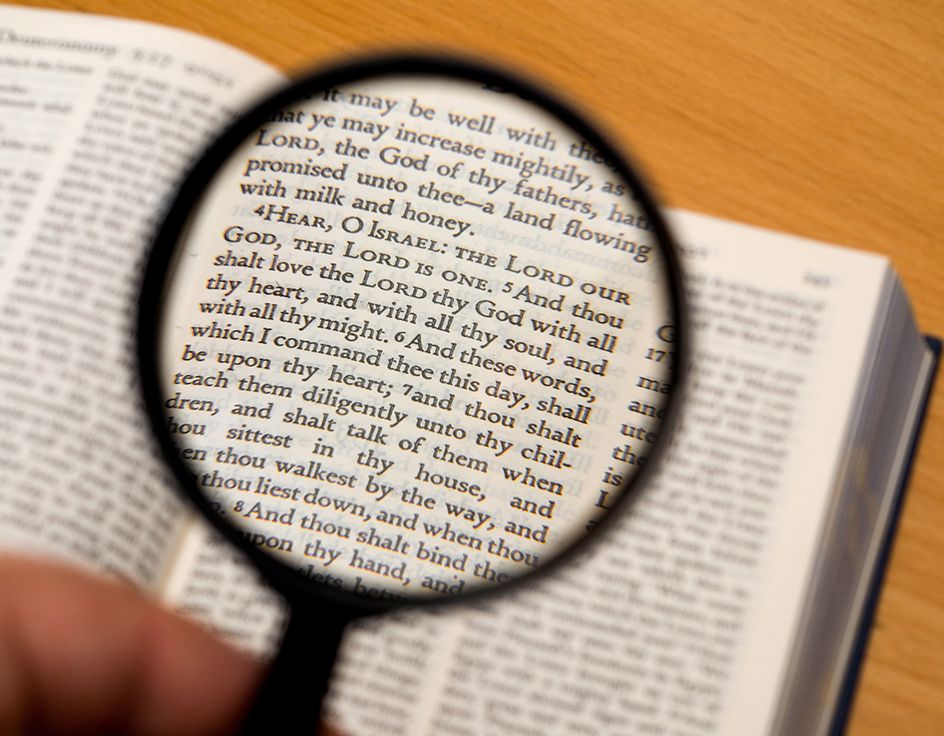The Law appears in a special moment in the history of the chosen people. God has proven His love for them and His faithfulness to the covenant made with their fathers Abraham, Isaac and Jacob by bringing about the liberation of His chosen people from the slavery of Egypt. Now God brings His people deeper into His covenant giving Moses the Ten Commandments, the Law.
The Law is the content of the covenant for the chosen people: if they want to be God’s friends, they must keep God’s commandments. There is an essential link between Monotheism and Morality. We cannot please God or worship Him if we are bad, if we are crooks. It goes against God’s holiness, His goodness.
“Torah”, the Law, refers first of all to the Decalogue, the Ten Commandments, and, at the same time, to the historical circumstances of the revelation to Abraham and Moses contained in the first five books of the Scriptures, the Pentateuch. Law, commandments, precepts, ordinances, statutes: these are all terms that we find in Deuteronomy, the second exposition of the Law, more meditative and with greater awareness of the Law as a unique gift of Yahweh.
THE HEART OF THE LAW IS LOVE
The authority of the Jewish tradition is reposed on the conception of the Covenant. Its significance lies in the Israelite belief that the obligation of their laws flows from the Covenant, that life under the Law is the duty which Yahweh’s covenant promises laid upon them. The entire Law is ultimately the will of Yahweh and is endowed with a degree of supreme obligation which was imposed upon Israel through Moses.
The conception of the Law as the revealed will of God has no parallel in other Near Eastern collections of legislation. Hence, the conception of Law as a sacred covenant obligation is unique with Israel. The Law is fundamental in the Old Testament idea of society as governed by the will of God, and of history as determined by man’s attitude towards the Law.
The Prophets, fighting for God and the Covenant against the unfaithfulness of the people, already point out that the heart of the covenant is love. In this way, they are anticipating and preparing the New Testament with the divine allegory of Marriage: Yahweh is the husband and the Chosen People are the Bride (The Song of Songs).
“A LAMP FOR MY STEPS”
After the exile, the Law was no longer the rule of an independent society: Judaism preserved it by making it a guide of life, identifying the Law with wisdom and finding in it all knowledge, human and divine. The joy of the Jew in the Law is reflected in the “Torah Psalms 19 and 119”. The Torah is the object of meditation, prayer, love, and contemplation: Psalm 119, the longest psalm, is all about this. “Lead me in the path of your commandments for I delight in it” (119:35); “Your word is a lamp on my feet and a light on my path” (119:105). This contemplative prayer is born of love for the Law and generates joy.
The Wisdom Books of the Old Testament are centered on the human condition and describe the drama of human beings subject to fragility and mortality. Yet, it is the appreciation and obedience to God’s Law that becomes wisdom by which we are able to recognize the existence of God and appreciate His covenant. “The beginning of wisdom is the fear of the Lord” (Proverbs 1:7). This fear is a sense of awe, reverence, respect, obedience, and love.
The opposite attitude is foolishness or stupidity as it is stated forcefully in the beginning of Psalm 14: “The fool said in his heart: There is no God,” this foolishness is a consequence of a corrupt behavior, the disobedience of the Law.
JESUS IS THE LAW
Jesus does not abolish the Ten Commandments. The Beatitudes do not take the place of the Decalogue, but are Jesus’ “Blessed Attitudes” that He proposes also to us. Jesus completes and perfects the Law, making it new and showing all the implications (Matthew 5:17-48), and yet the two most important commandments, the commandments of love, are taken from the Old Testament.
The novelty introduced by Jesus is the joining of the two commandments and saying that the second is equal to the first. Moreover, Jesus puts Himself as an example of brotherly love. “This is my commandment: love one another as I have loved you” (John 15:12). Above all, Jesus presents Himself as the object of our love for the brethren: “Whatsoever you do to the least of my brothers it is to me that you do it” (Matthew 25). By doing all this for Jesus, we recognize and honor His divinity: Jesus is the New Law.








